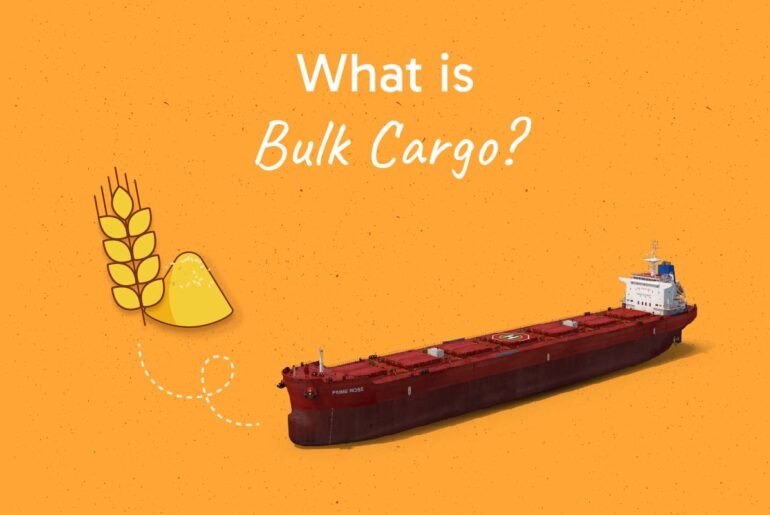Bulk cargo can be defined as unpackaged, large-quantity goods transported by vessels that have been designed to transport them. These include dry bulk ships or bulk carriers. Examples of shipments are grains, iron, ore, cement, and fertilizers.
Each has its handling and characteristics. Dry bulk freight can be defined as tangible goods in their unprocessed, raw form, such as grains and minerals. Solid bulk cargo usually travels on large bulk carriers with large storage areas.
It can be stored and handled relatively simply. The load is not packaged and stored in a natural state. Liquid cargo, on the other hand, refers to liquid goods such as liquid chemicals, oil, and gasses.
What is the risk of bulk cargo transportation?
Transporting liquid and dry cargo poses different risks. Dry cargo can be at risk of physical damage or even loss. This can happen due to improper handling or stacking of the load, which results in damage or loss.
Theft is another risk factor because dry cargo can be stolen during transportation. Leakage or spillage is a significant risk for liquid cargo. Leakage is caused by damage to the tanker’s structure or pipeline and human error in loading, unloading, and transit.
It can lead to severe environmental effects and financial losses by those responsible for storing or shipping the product. One of the other risk factors is shipment contamination. This can render the cargo unsafe or unusable.

Types of Bulk Cargo

Break Bulk
It is goods that are not packaged or shipped in bulk. It requires handling and special equipment for loading and unloading. Break-bulk cargo includes pipes, machinery, and lumber.
Neo Bulk
Neo-bulk describes large-scale shipments, including grains, minerals, ore, and raw materials. These products are transported in bulk carrier ships, which can transport large quantities of goods on a trip.
Containerized Bulk
It is transported in FIBCs (flexible intermediate bulk containers). These containers transport loose, powdered, or granular materials, such as grains, chemicals, ore, and construction materials.




